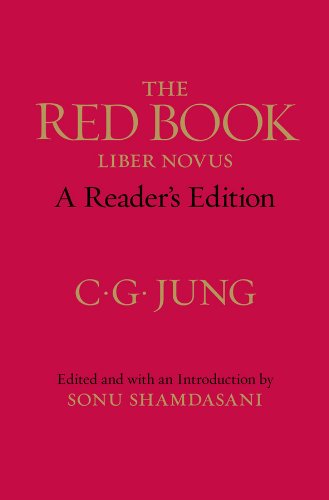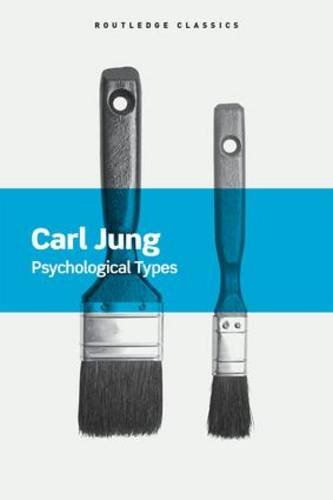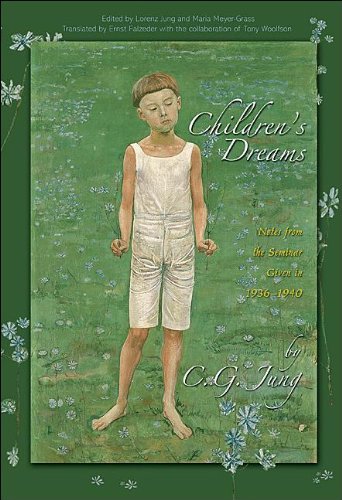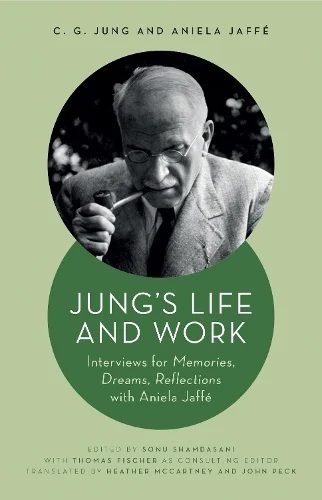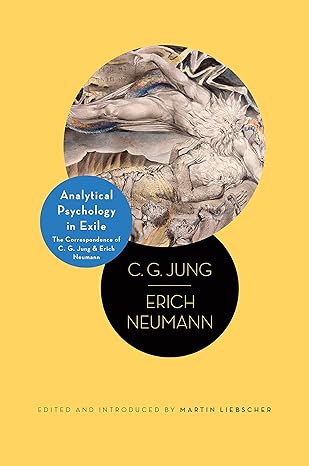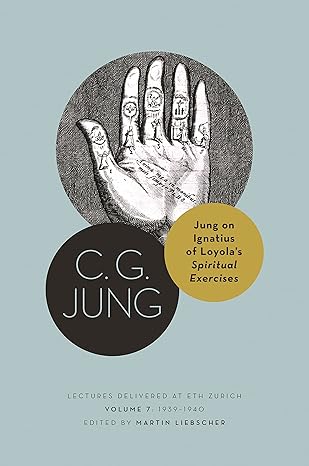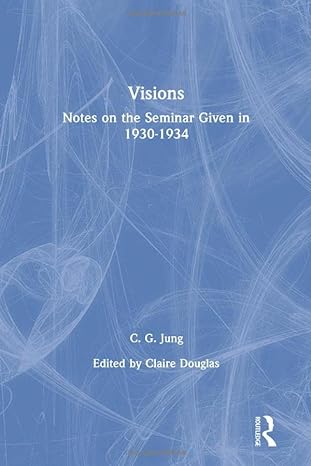C.G. Jung
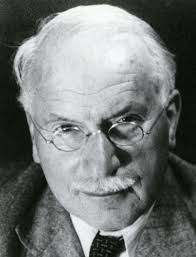
C. G. Jung (1875 - 1961) was a Swiss psychiatrist, innovative thinker and founder of Analytical Psychology, whose most influential ideas include the concept of psychological archetypes, the collective unconscious, and synchronicity. He is the author of numerous works, including Memories, Dreams, Reflections and Man and His Symbols.
The Active Imagination: Notes from the Seminar Given in 1931
In the fall of 1931, C. G. Jung gave an intensive series of seminars on the use of active imagination in clinical practice. Delivered at the Hotel Sonne in Zurich, these lectures describe a technique... (more)
The Red Book: A Reader's Edition
The Red Book (catalogue number 29085), published to wide acclaim in 2009, contains the nucleus of C.G. Jung's later works. It was here that he developed his theories that would transform... (more)
Psychological Types
Psychological Types is one of Jung's most important and famous works. First published by Routledge in the early 1920s it appeared after Jung's so-called fallow period, during which he published... (more)
The Archetypes and the Collective Unconscious (Collected Works: Vol. 9 Part 1)
The concept of "archetypes" and the hypothesis of "a collective unconscious" are two of Jung's better known ideas. In this volume, taken from the Collected Works, Jung describes and elaborates the... (more)
Nietzsche's Zarathustra: Part 1 Notes of the Seminar given 1934-1939
An examination of one of the major philosophical influences on Jung that also provides a case study in Jungian psychology. (more)
Children's Dreams: Notes from the Seminar Given in 1936-1940 by C. G. Jung
In the 1930s C.G. Jung embarked upon a bold investigation into childhood dreams as remembered by adults to better understand their significance to the lives of the dreamers. Jung presented his... (more)
The Essential Jung: Selected Writings
This compact volume of key extracts from the formidable mass of Jung's published writings presents the essentials of Jung's thought in his own words. Anthony Storr's prefatory notes to each extract... (more)
Four Archetypes
The concept of the archetype is crucial to Jung's radical interpretation of the human mind. Here he considers the archetypes he regarded as fundamental to every living individual: mother, rebirth,... (more)
Jung's Life and Work: Interviews for Memories, Dreams, Reflections with Aniela Jaffé
In 1957, at the age of eighty-one, C. G. Jung began a collaboration with his student and secretary Aniela Jaffé and the legendary publisher Kurt Wolff on a book about his life. Memories, Dreams,... (more)
Analytical Psychology in Exile: The Correspondence of C. G. Jung and Erich Neumann
C. G. Jung and Erich Neumann first met in 1933, at a seminar Jung was conducting in Berlin. Jung was fifty-seven years old and internationally acclaimed for his own brand of psychotherapy. Neumann,... (more)
Jung on Ignatius of Loyola’s Spiritual Exercises: Lectures Delivered at ETH Zurich, Volume 7: 1939–1940
Between 1933 and 1941, C. G. Jung delivered a series of public lectures at the Swiss Federal Institute of Technology (ETH) in Zurich. Intended for a general audience, these lectures addressed a broad... (more)
Essays on Contemporary Events: Reflections on Nazi Germany
Was the leading psychologist of his time a Nazi sympathiser? This was the question asked by many after the Second World War, as they sought to explain Jung's actions and publications during Nazi... (more)
Psychology of the Unconscious: A Study of the Transformations and Symbolisms of the Libido
Psychology of the Unconscious is a key text for understanding the formation of Jung’s ideas and his personal and psychological development at a crucial time in his life. In this influential book,... (more)
Visions: Notes on the Seminar Given in 1930-1934 - Edited by Claire Douglas (2 Volumes)
Jung taught 28-year old Christiana Morgan the trance-like technique of active imagination, helping her embark on a series of archetypal adventures which she depicted in paintings and he recounted his... (more)
Jung on Mythology
This volume collects and organizes passages on myth by Jung himself and by some of the most prominent Jungian writers after him: Erich Neumann, Marie-Louise von Franz and James Hillman. (more)
Collected Works Vol.14: Mysterium Coniuntionis - An Inquiry into the Separation and Synthesis of Psychic Opposites in Alchemy
Mysterium Coniunctionis was first published in the Collected Works of C.G. Jung in 1963. For this second edition of the work, numerous corrections and revisions have been made in cross-references to... (more)
Collected works Vol.20: General index
752p Hardback 1979
The Zofingia Lectures: Collected Works Supplementary Volume 'A'
The Zofingia Club was a discussion group to which C.G. Jung belonged as a medical student: in 1897 he became Chairman, and gave five lectures. These have survived and are published here in a... (more)
Collected Works Vol.8: The Structure and Dynamics of the Psyche
The Structure and Dynamics of the Psyche first appeared in the Collected Works in 1960. In this new edition bibliographical citations and entries have been revised in the light of subsequent... (more)
The Practice of Psychotherapy (Collected Works: Vol. 16)
The Practice of Psychotherapy brings together Jung's essays on general questions of analytic therapy and dream analysis. It also contains his profoundly interesting parallel between the transference... (more)



